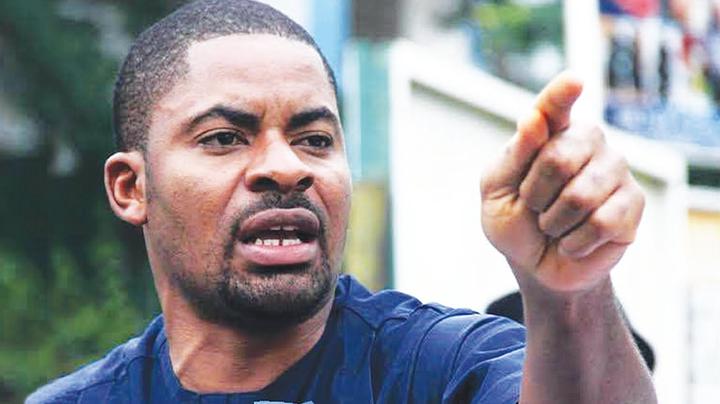According to an interview by channels tv,
Human rights activist and social commentator, Deji Adeyanju, has once again sparked conversation with a bold statement about public accountability. Speaking on the nature of leadership and governance, Adeyanju argued that anyone who willingly occupies a public office must be prepared to face criticism, scrutiny, and even insults from the very people they serve.
According to him, leadership in a democratic setting is a social contract, and by putting themselves forward for political positions, leaders automatically become subjects of public judgment. He explained that public office is not a privilege to enjoy without accountability, but a responsibility that attracts the constant gaze of citizens. “If you don’t want to be insulted or scrutinized, then don’t seek public office,” Adeyanju stressed.
He further noted that insults and harsh criticisms are part of the burden of leadership. While some may cross the line of civility, he believes that they remain inevitable in a system where citizens have the right to express dissatisfaction with their leaders. “Criticism is not hatred,” Adeyanju said. “It is a tool to remind leaders that they are accountable to the people.”
The activist also faulted politicians who demand praise but shy away from condemnation. He emphasized that genuine democracy thrives when citizens are free to question the decisions, actions, and even the personal conduct of those in power. In his words, “Nigerians must stop worshiping politicians. They are not gods; they are human beings entrusted with public resources, and they must be ready to face tough words when they fail.”
Adeyanju’s remarks have generated mixed reactions among Nigerians. Some agree with him, stating that political leaders should be tough-skinned and receptive to feedback. Others, however, caution that while criticism is necessary, personal insults and baseless attacks do little to improve governance.
Still, the broader message is clear: public office is not a shield from criticism but an open invitation to it. Leaders must learn to separate constructive criticism from malice and use the feedback to become better.
Find Verified News At Your fingertips Click The Button Below

